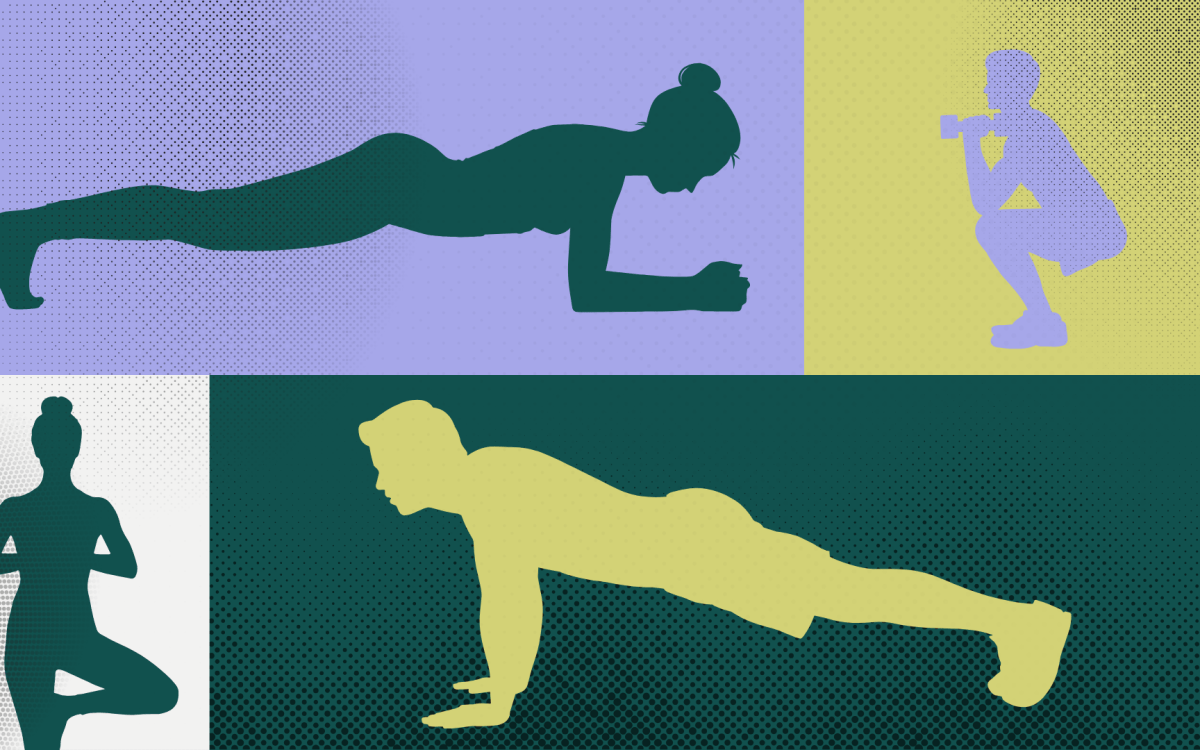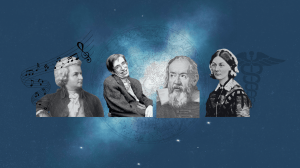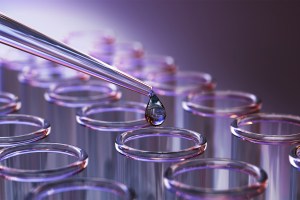Tag: Work in Progress
-
Science & Tech
Study suggests pacemaker and defibrillator recalls on the rise
As more heart patients receive pacemakers and implantable cardioverter-defibrillator (ICD) generators, more recalls are being issued for the devices, according to a study led by a Harvard Medical School instructor…
-
Science & Tech
Study examines hazardous seating of children in fatal motor vehicle crashes
A recent study by Harvard School of Public Health scientists examined how often adults placed children in the rear of vehicles, and what factors affected that placement. The study, led…
-
Health
Amniotic cells may be source of new tissue
Babies born with congenital defects often require surgery. Surgeons face a problem, however — in adults, tissue for repair is borrowed from other areas of the body, but babies don’t…
-
Health
Inflammatory villain turns do-gooder
Many drugs try to tame inflammation by inhibiting molecular events occurring at the beginning of the body’s own immune response. But that may thwart the body’s attempt to heal. A…
-
Health
Walking rhythm offers gait-way to reduce falls
Over the past 10 years, Jeffrey Hausdorff has studied thousands of steps from hundreds of feet. The Harvard Medical School assistant professor says that complex patterns hidden in an ordinary…
-
Health
Will vaccine defense help polish off tooth decay?
The key to preventing cavities in teeth lies in controlling an acid-secreting bacterium known as Streptococcus mutans that lives in the mouth. Researchers at the Harvard School of Dental Medicine…
-
Health
Diet and exercise dramatically delay type 2 diabetes
Diabetes afflicts more than 16 million people in the United States; type 2 diabetes accounts for up to 95 percent of all diabetes cases. New findings from the Diabetes Prevention…
-
Science & Tech
Study finds parents of chronically ill children avoid switching to HMOs
The incentive to switch health plans is usually a lower cost to the patient. So if parents of chronically ill children want to retain their old health plans instead of…
-
Health
Are you an ‘early bird’ or a ‘night owl’?
Harvard researchers working at Brigham and Women’s Hospital have found that whether someone is a morning person or an evening person depends on a basic aspect of the circadian timing…
-
Science & Tech
Some video games contain more violence than parents expect
If a video game is rated “E” for “suitable for everyone,” that is supposed to be a signal to parents that the game is acceptable for their children. But a…
-
Science & Tech
Dating violence linked with teen pregnancy, suicide attempts
About one in five girls experience physical or sexual dating violence, according to a new study by researchers from the Harvard School of Public Health, the Boston University School of…
-
Science & Tech
Preventing cervical cancer in developing nations
Cervical cancer kills approximately 190,000 women each year, most of them in developing nations. It is the third most common cancer world wide. Women who live in more affluent nations…
-
Health
Adult stem cells effect a cure
Using stem cells from the unborn to treat adult diseases has created an anguished public debate. Now research news from Harvard Medical School scientists may help to end that debate…
-
Science & Tech
The skin’s the thing for conserving a building’s energy
It has been estimated that a third of the world’s energy is consumed by buildings, a third by transportation, and a third by industry. With gasoline prices rising and electrical…
-
Health
An alternate take on Alzheimer’s
Much of Alzheimer’s research has focused on the role of a protein, amyloid-beta, found at high levels in the brains of Alzheimer’s patients and which coagulates into plaques. Researcher Ashley…
-
Science & Tech
New report highlights safe, secure method for managing spent nuclear fuel
A joint Harvard University/University of Tokyo team of nuclear energy, nonproliferation, and waste management experts concludes in a new study that technologies are available to store spent nuclear fuel from…
-
Science & Tech
No-fault compensation for medical injury proposed
Three jumbo jets filled with patients crashing every two days — that’s the analogy for the number of patients estimated to die annually from medical injury in the U.S. A…
-
Science & Tech
Anatomy of the low-income homeownership boom in the 1990s
The rate of home ownership in the United States has grown to an unprecedented 67.7 percent since the 1990s. Low-income ownership has grown in particular. According to a study by…
-
Science & Tech
National environmental policy during the Clinton years
Researchers at Harvard’s Kennedy School of Government examined the environmental policy record of former President Bill Clinton. Environmental quality improved overall during the decade, the researchers found, continuing a trend…
-
Science & Tech
Offshore investment funds: Monsters in emerging markets?
Less moderated by tax consequences, and less subject to supervision and regulation, offshore investment funds are alleged to engage in trading behaviors that are different from those of their onshore…
-
Science & Tech
Housing market resilient in slowing economy
The housing market has not been affected by a slowing economy, according to a report, The State of the Nation’s Housing: 2001, released in June 2001 by the Joint Center…
-
Health
A familiar drug gives surprising hope against diabetic blindness
A common complication of diabetes is diabetic retinopathy, which can lead to blindness. Diabetic retinopathy is caused by changes in the blood vessels of the retina. This form of retinopathy…
-
Science & Tech
Children from working-class families twice as likely to be depressed adults
Children from low socioeconomic backgrounds have an elevated risk of depression throughout their lifetimes, even if they become more professionally successful than their parents. That’s the conclusion of a study…
-
Health
Green vegetables and fruits rich in vitamin C reduces risk of heart disease
Regularly eating fruits and vegetables, in particular green leafy vegetables and fruits that contain vitamin C, reduces the risk of coronary heart disease, according to researchers from the Harvard School…
-
Health
Gene found for rare bone disorder
Cherubism may sound angelic, but it certainly is not. The rare bone disorder afflicts children starting at about age 3 or 4, causing them to develop chubby cheeks and upward-looking…
-
Health
Breathing new life into asthma therapy
Asthma attacks have lasting effects because the lungs’ most delicate airways can become scarred. This makes future attacks all the worse. Researchers at Harvard Medical School have looked at what…
-
Health
Introducing baby to the right bacteria
Developing a symbiotic relationship with the right bacteria is essential for a baby’s health and development. W. Allan Walker, a researcher at Harvard Medical School and Massachusetts General Hospital, has…
-
Science & Tech
Depiction of alcohol, tobacco use in G-rated animated films still high
Alcohol and tobacco use is depicted as normal behavior in nearly half of G-rated animated feature films. While researchers at the Harvard School of Public Health say that this is…
-
Science & Tech
Oldest mammal is found
When dinosaurs ruled the world, scampering around their feet were platoons of diminutive insect-eating animals, part reptile, part something new. When the giant reptiles and many other animals were wiped…


